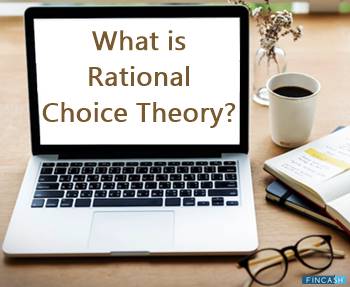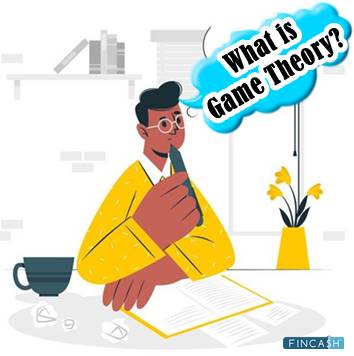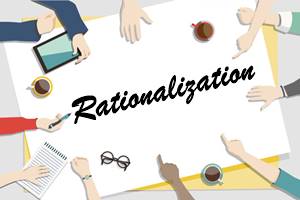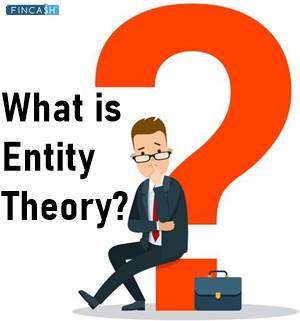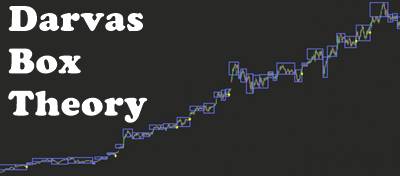
Table of Contents
Understanding Rational Expectations Theory
Rational expectations theory is an economic concept which claims that individual agents make decisions based on Market access information and by learning from prior trends. According to this notion, people are sometimes wrong, but they can also be suitable.
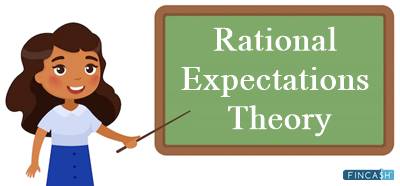
In 1961, American Economist John F. Muth proposed the concept of rational expectations. However, it was popularised in the 1970s by economists Robert Lucas and T. Sargent. Then, it became extensively employed in microeconomics as part of the new classical revolution.
Rational Expectations Theory Example
Let's take an example of cobweb theory which assumes prices are volatile. An abundant supply results in low prices. As a result, farmers reduce their supply, and prices climb next year. Then the high prices cause an increase in supply. Cobwebs hypothesise that increased supply leads to lower prices.
In simple words, farmers constantly base their decision on how much to provide on last year's pricing. This results in shifting pricing and unstable equilibrium. However, rational expectations imply that farmers can utilise more information than last year's pricing. Farmers can recognise price fluctuation as a component of farming and maintain a steadier supply rather than reacting to every yearly shift in price.
Assumptions of Rational Expectations Theory
The following assumptions are stated in theory:
- People who have rational expectations always learn from their failures
- Forecasts are unbiased, and individuals make judgments based on all available facts and economic ideas
- A basic understanding of how the Economy works and how government actions affect macroeconomic factors, like the price level, unemployment rate, and aggregate production, is known to individuals
Talk to our investment specialist
Versions of Rational Expectations Theory
There are two versions of the rational expectations theory, which are as follows:
Strong Version
This version assumes that individuals have access to all relevant information and can make reasonable judgments based on it. Let's assume that the government attempts to increase the money supply in the market. In this situation, people can opt to boost their pricing and salary expectations. This is to compensate for the impact of rising Inflation. Similarly, as inflation accelerates, credit constraints in the form of high-interest rates are to be expected.
Weak Version
This version presumes that individuals do not have enough time to gather all essential information and so make judgments based on their limited knowledge. For example, if people buy maggie, it is "rational" for them to continue buying the same brand and not worry about having complete awareness of the relative price of competitive brands.
Rational Expectations Theory Economics
The rational expectations theory is applied in Macroeconomics. When it comes to economic factors, people have reasonable expectations. This suggests that when individuals try to foresee things that are likely to affect their economic actions, they depend on accessible knowledge. According to this hypothesis, there is no bias in prediction or accessible information. This hypothesis proposes that, in general, humans are capable of generating unbiased predictions.
The Bottom Line
Most economic experts now base their policy analyses on rational expectations. When considering the consequences of economic policy, the assumption is that people try their best to figure out the implications. The rational expectations approach is frequently used to assess the accuracy of inflation forecasts.
Many new Keynesian economists adopt the idea because it fits perfectly with their belief that individuals seek to follow their own self-interest. Individuals' economic actions would not be as excellent if people's expectations were not rational.
All efforts have been made to ensure the information provided here is accurate. However, no guarantees are made regarding correctness of data. Please verify with scheme information document before making any investment.
